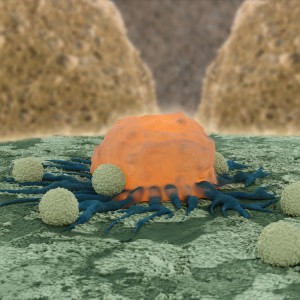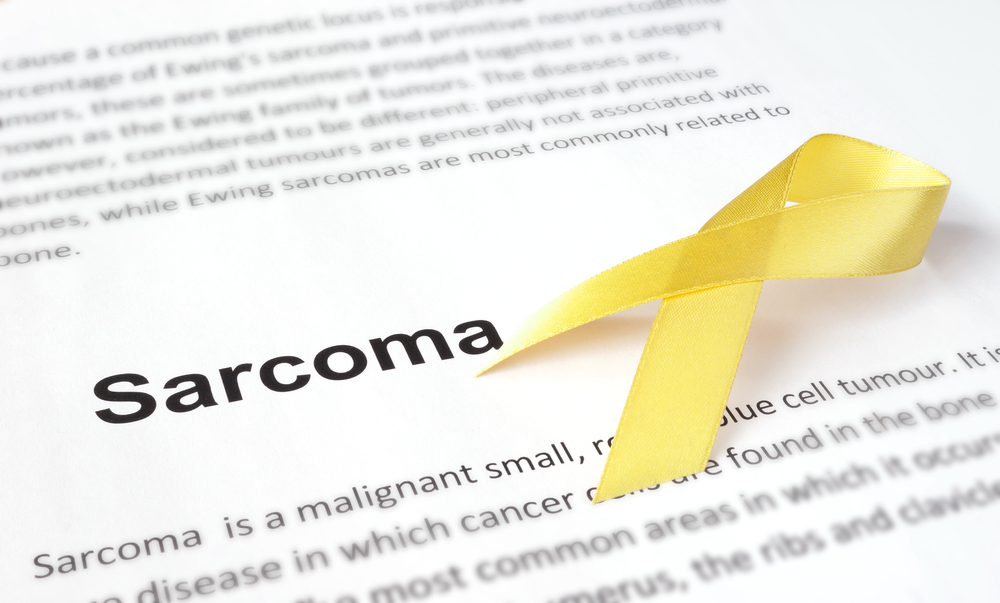 A clinical trial recently showed promising results for a new type of immunotherapy for HER2-positive sarcoma. The study entitled ”Human Epidermal Growth Factor Receptor 2 (HER2) – Specific Chimeric Antigen Receptor–Modified T Cells for the Immunotherapy of HER2-Positive Sarcoma” was published in the Journal of Clinical Oncology by Baylor College of Medicine researchers.
A clinical trial recently showed promising results for a new type of immunotherapy for HER2-positive sarcoma. The study entitled ”Human Epidermal Growth Factor Receptor 2 (HER2) – Specific Chimeric Antigen Receptor–Modified T Cells for the Immunotherapy of HER2-Positive Sarcoma” was published in the Journal of Clinical Oncology by Baylor College of Medicine researchers.
The publication was the result of ten years of Drs. Ahmed and Gottschalk’s research and resulted in a promising, novel type of immunotherapy for patients with HER2-positive sarcoma (a tumor arising from bone and soft tissue), which may also be applied to other types of cancers.
“More than a decade ago, we devised a genetic approach to generate immune cells, called T cells, that are specific for HER2, an antigen (or protein) present on a broad range of cancers including breast cancer, sarcomas and brain tumors,” said Dr. Nabil Ahmed in a news release. Dr. Ahmed added that the strategy involves the isolation and culture of T cells from cancer patients, while genetically modifying them with human epidermal growth factor receptor 2 (HER2)-specific chimeric antigen receptors (HER2-CARs). The cells can then be infused back into patients and target HER2-positive tumor cells.
The clinical study included 19 pediatric and adult patients with HER2-positive sarcoma who had received previous unsuccessful standard therapies. Patients were treated with increasing doses of HER2-CAR T cells, which were well tolerated and migrated to tumor sites. Clinical benefits were observed in many patients, including 8 individuals who survived more than one year after T cell infusion.
Dr. Gottschalk explained that T cells have been used as a cancer immunotherapy over the last 10 to 15 years, but there not been many CAR T-cell therapy studies for solid tumors have been developed so far, mainly for those expressing the HER2 protein. Dr. Gottschalk added that HER2-CAR T cells are safe in high doses, and because HER2 is expressed in a wide variety of tumors, this strategy can be applied to many patients. Dr. Gottschalk added that “If you look at the history of cancer therapy, there are few examples of ‘magic bullets’ that can cure cancer alone.” As such, combining HER2-CAR T cells with other types of cancer therapeutics can prove efficient in the future of cancer research.


